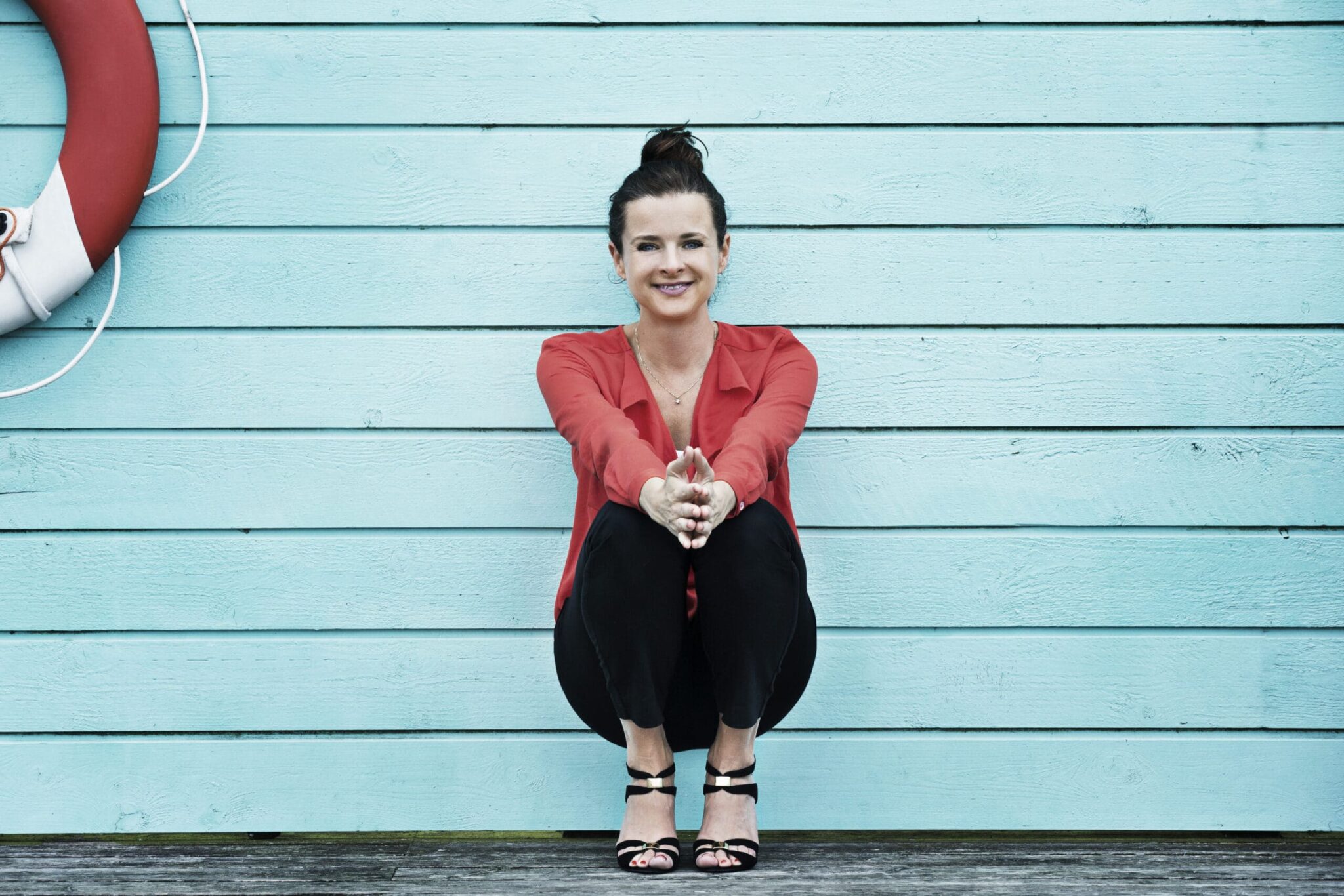THANKS — it is not only a simple word but also a monumental force that can change your life
If I were to say only one word in my life, it would be ‘thanks!’ Gratitude is one of the most effective ways to change a mindset. We can also call it the world’s simplest method of achieving balance. When we shift focus from what we need to what we have, we will find that gratitude is not just a thought, but a feeling in the body that generates endorphins and makes us happy.
When I first understood how much my thoughts and words created my present and future, I gained a very important insight. I understood that behind the word ‘thanks’ lies a monumental power. That’s what I’d like to share in this book. We may think it isn’t possible. However, in fact, it is neurologically possible, using a technique as simple as focusing on what we are grateful for, to bring joy into our lives even in the midst of crises and spates of bad weather.
THANKS – There Is Always Something To Be Grateful For is a book that explains how to neurologically and sociologically change our way of life and thus our daily existence. When we shift our focus from fear and stress and tune into gratitude, we will find that we are happy for what we have. We can appreciate the people we are with as well as being happy to be the person we are. Gratitude can change both our professional career and our private lives. Moreover, it’s so cleverly instilled in our systems that it is neurologically impossible to be sad or negative when we are grateful. So, we might as well get started and put gratitude at the top of our agendas. As Walt Disney once said:
The more you are in a state of gratitude, the more you will attract things to be grateful for
THANKS is not a book that obliges us to be grateful or forces us to say ‘thank you’ for every single thing. We need not have to create limits and set the bar lower in our lives. I hope that the book opens minds because gratitude contains so much that we can use to create the lives we dream about. For example, when we begin to notice the many small miracles that occur throughout the day, we can attract more of all the goodness life offers. Gratefulness compels us to take responsibility.
What are we sincerely grateful for in our lives? Which people would we like to thank? What activities fill us with gratitude? When we ask ourselves these questions, we discover if we are using the options and remembering to value what we have. Or, are we longing for something bigger, better, and different? Are we complaining most of the time because we don’t think we have achieved what we’re striving for? As the American actor Doris Day said:
Gratitude is wealth. Discontent is poverty.
I have long been fascinated by gratitude and have analyzed a vast number of books on this topic. For nearly as long, I have wanted to write a book about it, but something held me back. Perhaps it was because gratitude can seem silly; like something that many people might not take seriously. Subsequently, in the first half of 2017, it became very clear to me that I had to do it. In a matter of a few months, I lost a very close family member, was diagnosed with an illness that required surgery, and for weeks, the doctors couldn’t say whether or not it was serious. If I had not worked to shift my focus from fear to gratitude, I’m not sure that I would have managed as well as I did. It wasn’t easy, but the ongoing exercise made a huge difference with how I experienced the sorrow, the pain, and the worry.
While I was waiting for surgery, all of my previous worries suddenly seemed insignificant, because life felt too short for anything so small and petty. It was incredibly liberating, but the next real lesson was to practice and maintain this way of keeping the small problems from occupying too much space when my normal life was underway.
Gratitude is a choice. We can choose to worry about anything and everything that we may have no influence over, and therefore not have a chance to change. However, we can also choose to be brave enough to practice saying thank you to all of life’s challenges. In doing so, it not only has an impact on our own mood and resources, it also positively affects our bodies, strengthens our immune systems, prevents disease, and more readily restores our health when we fall ill. Best of all, we can also influence our surroundings in a positive direction, and will attract more people who also have a courageous and grateful approach to life. So, in a fundamental way, we humans actually do not have a choice—we lose out on life and forget to live when we are not grateful.
Thank you for giving me the opportunity to share my knowledge and the lessons I have learned, so that gratitude—in one form or another—might impact your life and make it more simplified by giving you more resources and lessening your worries day by day.
Thanks
Rikke Østergaard

